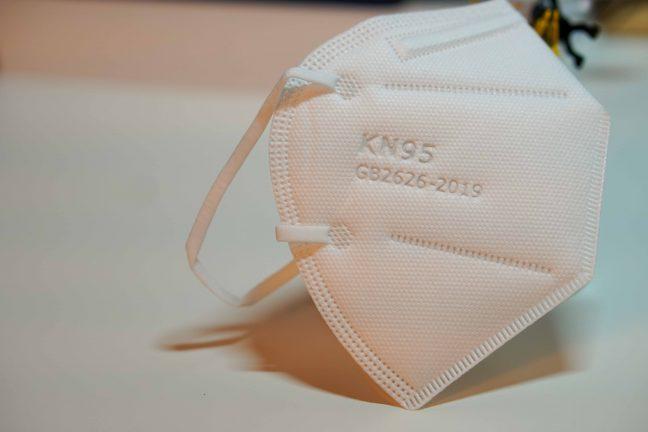The spread of misinformation is nothing new in the world of science. But as the pandemic persists along with the rollout of vaccines and mask mandates, misinformation is infecting media as quickly as COVID-19 infects people.
The constantly evolving information about COVID-19 pandemic has presented the public with many challenges but has also posed unique hurdles for journalists to effectively communicate news about the pandemic in a timely manner.
For Caroline Chen, ProPublica’s healthcare journalist and University of Wisconsin’s fall Science Writer in Residence, battling COVID-19 misinformation has been her reality for the past 20 months.
Chen has been recently recognized for her work covering the COVID-19 pandemic. The investigative reporter and Columbia School of Journalism graduate has covered various disparities in the healthcare system throughout her career, including cancer trials and vaccine hesitancy.
Over the past couple weeks, Chen has visited numerous courses on the UW campus as the Science Writer in Residence to speak with students about her work and answer questions.
She also headed the discussion “COVID-19 and the Deluge of Data,” where she spoke about the challenges of science reporting during the pandemic.
“Our job as journalists is to question and examine every piece of information we are given,” Chen said.
Chen spoke about the importance of reporting accurate information to audiences and the implications that can occur when a story is “dumbed down” for readers. When a journalist does not report the whole story, the audience may be missing key information, which in science news, can be vital.
Chen said misinformation can spread when journalists report on a scientific topic and then release a second story with updates on further developments. Oftentimes, audiences will not see the story the second time and less accurate information can begin to circulate.
“My kind of rule for myself is, I never let a preprint walk alone,” Chen said. “So that means if it’s not been peer reviewed, I’m going to wait for there to be more studies that cover the same topic and see if there’s consensus, and I think that every reporter globally is grappling with that.”
As the media industry continues to grapple with how to report on COVID accurately, Chen said she is hopeful that in any future pandemics, journalists and audiences will be more equipped to unpack the slew of rapidly changing statistics.


